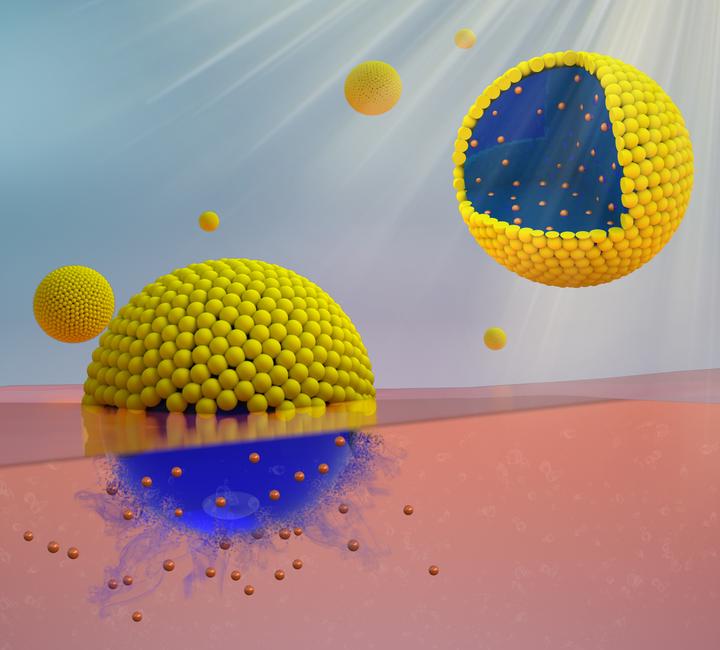Enhanced stability and clinical absorption of a form of encapsulated vitamin A for food fortification

Abstract
Food fortification is an effective strategy to address vitamin A (VitA) deficiency, which is the leading cause of childhood blindness and drastically increases mortality from severe infections. However, VitA food fortification remains challenging due to significant degradation during storage and cooking. We utilized an FDA-approved, thermostable, and pH-responsive basic methacrylate copolymer (BMC) to encapsulate and stabilize VitA in microparticles (MPs). Encapsulation of VitA in VitA-BMC MPs greatly improved stability during simulated cooking conditions and long-term storage. VitA absorption was nine times greater from cooked MPs than from cooked free VitA in rats. In a randomized controlled cross-over study in healthy premenopausal women, VitA was readily released from MPs after consumption and had a similar absorption profile to free VitA. This VitA encapsulation technology will enable global food fortification strategies toward eliminating VitA deficiency.